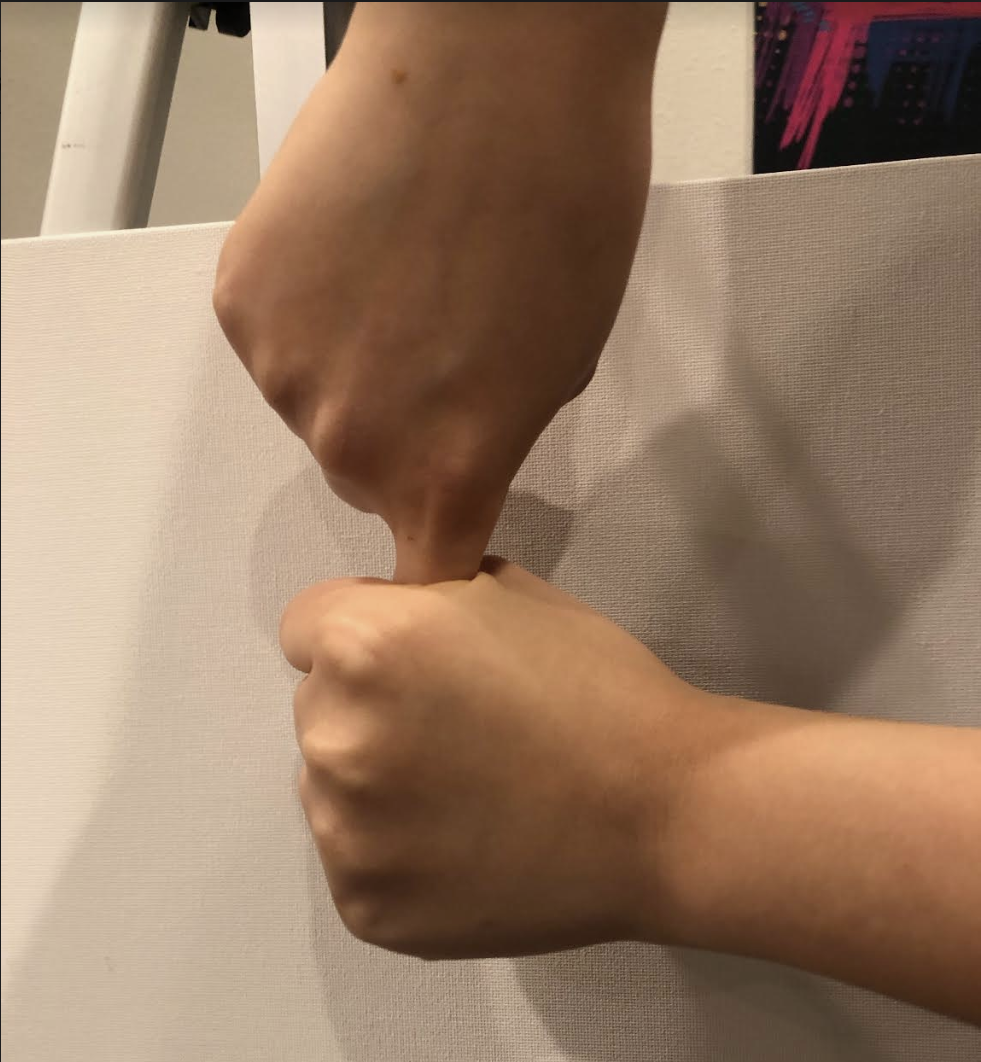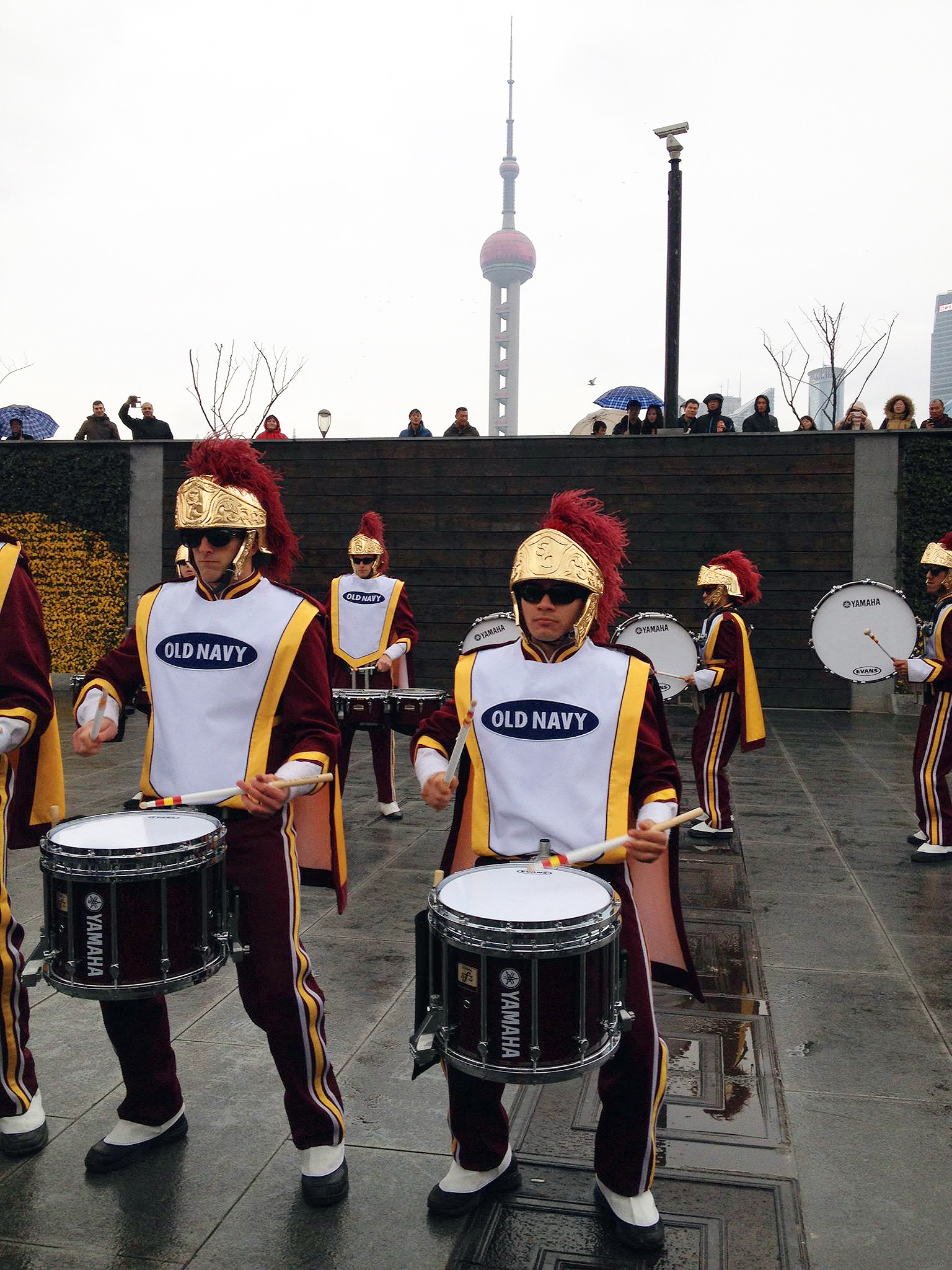“Tweeee^eet tweet tweet tweet tweet down, don’t die”
I’m in band, I am a college student of legal age, who occasionally recreationally takes alcohol, in a safe, consensual manner (laughter) [consensual between you and the alcohol?] Yes. (laughter) [So where will you use this?] Often times I’ll use this right before parties. [So you’d use it at parties, do you think you would use it (this method of taking shots) at a non-band party?] Probably not because I think I’d look like a weirdo. [Who taught you this? Who did you originally learn it from?] The people who were in band before me, so like when I was a freshman they were seniors and it just gets passed down. [Would that be your section or just general band? (both the taking of the shot and the teaching of the shot] General band, but I learned it from my section. [Why do people in the band say this?] We say this before we run down on the field, we say “tweeeeet, tweet, tweet, tweet, tweet, down, don’t die” and then we would start going “aaaaaaa” and then running on the field, and then because another huge part of the band other than marching band and music is alcohol (laughs) we will also do that before we drink. [So what does the tweet stand for? How does that become a thing?} the tweet mimics the sounds of the whistle that Jake uses to cue us off (to go running onto the field).
-Interview with the Informant
The USC Marching Band became as well known and impressive as it is today thanks to its previous director, Arthur Bartner. His tenure at USC is marked by the current band for having an incredibly football team, manly mentality as well as a band that was rowdy and alcoholic. The identity of the band has shifted since Dr. Jacob Vogel, the current director, took the reigns, however the importance of alcohol for band members has not been completely erased. Band members spend much of their time together, especially during the fall football season and as a result they have created a folk group that transcends just being a marching band and is also a social group outside of band itself. They have band exclusive parties, drinking traditions, particular mixed drinks made special by each different section, all of these different social aspects that are considered a part of band despite not being practice or music related. Using the folklore of their band activities, such as being tweeted off before running onto the field, they extend the group’s activities to drinking, partying, and socializing outside of just the marching band practice and game hours.


